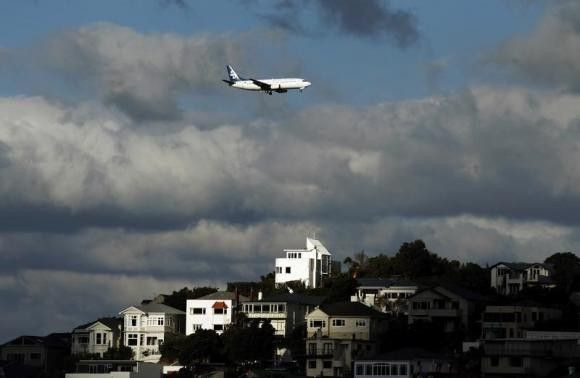New Zealand Profile 2015: Population Growing Faster Than Australia, China, UK

New Zealand is expected to grow faster than Australia and China as its population swelled to 500,000 in the past 10 years. Statistics New Zealand’s Profile 2015 reveals new data on the country’s economy, lifestyle and environment.
The new report said New Zealand’s population is increasing by 1.52 percent a year. The population growth rate is faster than Australia, Britain, China, Germany and the United States. Inflation has also increased as average prices of food and beverage soared over the years.
One-third of the people in New Zealand own houses with a mortgage while nearly a third rent homes with an average weekly cost of $290.20. Median hourly earnings rose from $19.47 to $21.94 since 2009.
Deputy government statistician Colin Lynch said that people who move to New Zealand want to know about the cost of living in the country and other basic essentials. He added that the report provides useful information even for long-time residents.
Katherine Rich, chief executive of Food and Grocery Council, said that although the prices of some goods increased due to inflation, prices have fallen in some product categories due to retail discounts. The chairperson of the New Zealand Association of Migration and Investment, June Ranson, welcomed the report and said it could help potential migrants make informed choices.
Meanwhile, the Kiwi dollar is moving closer to parity with the Australian dollar as milk prices bounce back. New Zealand’s key commodity has recovered with Fonterra’s Global Dairy Trade price index up at $3,366 per tonne.
The Australian dollar traded against the New Zealand dollar for $NZ1.03. The Australian currency is 3 cents short from parity with its Kiwi counterpart, reports SMH.
Sam Tuck, senior currency strategist at the Australia and New Zealand Banking Group, said the New Zealand dollar has remained “resilient” amid the decline in dairy prices. He added that the country’s economy showed the “elusive animal spirits” Australia didn’t have.
The Kiwi dollar is predicted to remain at $1.03 for the rest of 2015 as the recovering dairy price is expected to boost New Zealand’s economy. Tuck said the possibility of the Kiwi dollar reaching parity with the Aussie dollar has increased in light of the dairy price hike.
To report problems or leave feedback, contact: r.su@ibtimes.com.au





















